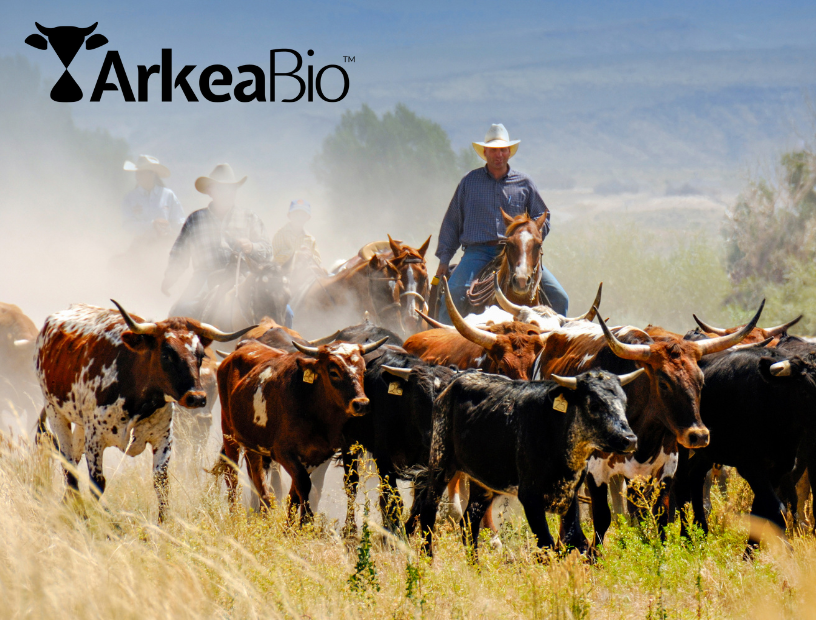One tiny shot,
one giant impactTM
ArkeaBio is a global agricultural bioscience company developing a safe, cost-effective methane reducing vaccine to lower emissions from cattle worldwide.
Our
Challenge
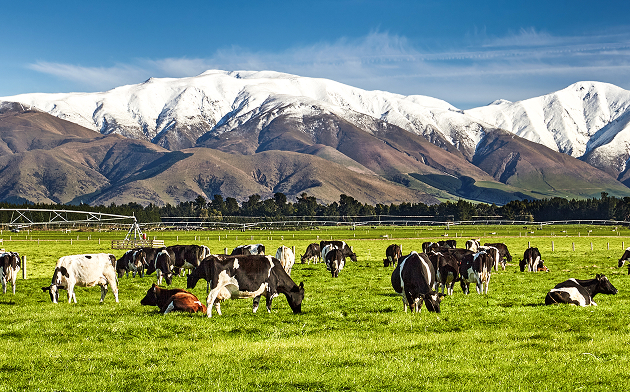
Methane emissions from cattle contribute significantly to climate change.
3 billion tonnes CO2 e
equivalent to all the world’s passenger vehicles
the global warming impact of CO2 over 100 years
of methane emissions come from livestock
Reducing methane from cattle is imperative to slow global warming
Our
Solution
ArkeaBio is the first to demonstrate a methane reducing vaccine to combat greenhouse gas emissions from cattle. It’s the safest, most cost-effective solution for reducing emissions in agriculture, and it’s the only one that can be quickly and sustainably scaled to reach all the world’s cattle. It’s a singular, scalable solution that delivers value to farmers, brands, consumers and our climate.
100%
scalable to all the world’s cattle
<< $100
per ton emissions reduction
0
safety impact on meat or milk
Fast
supply chain and farm practice ready
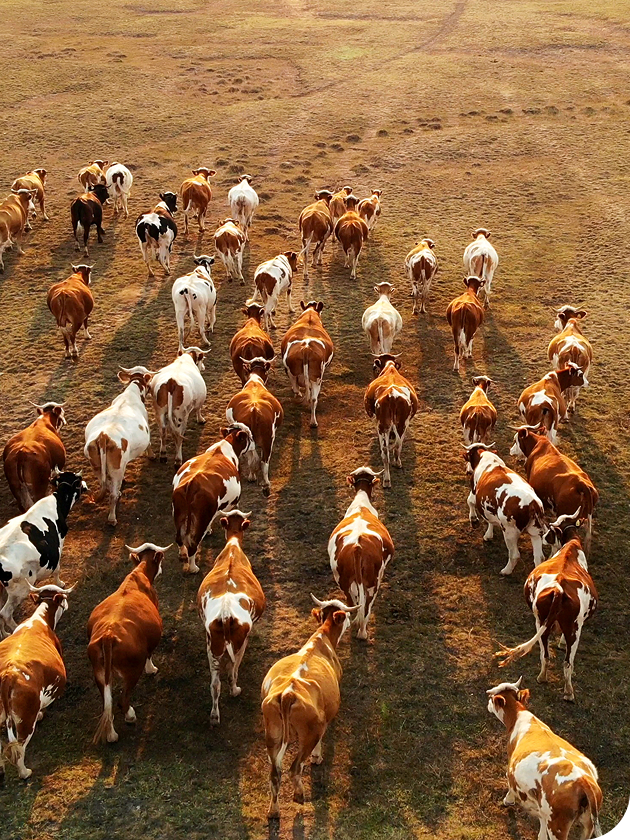
100%
scalable to all the world’s cattle
<< $100
per ton emissions reduction
0
safety impact on meat or milk
Fast
supply chain and farm practice ready
Our
Opportunities
A methane reducing vaccine meets needs across the value chain
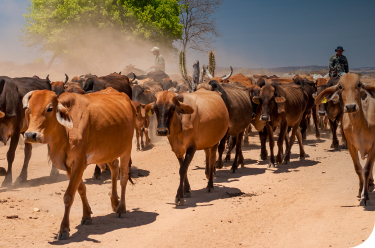
Farmers
- Seamless integration with existing farm practice
- Payments from emissions reductions
- Premium prices from eco-conscious markets
Governments
- Immediate climate impact
- Reduced costs of external environmental damages
- Ease farmer regulatory burden
Our industry-leading supporters backing us with confidence
Our industry-leading supporters
backing us with confidence

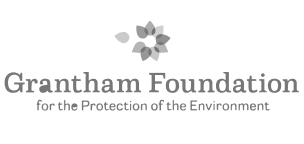




Here’s what industry
leaders have to say

“ArkeaBio’s vaccine could become one of the most important climate breakthroughs.”
“… even if the plant-based alternative market continues to grow, we could still have more cows on Earth by 2050 than we do today. That means we need to focus our efforts on decarbonizing the world’s cattle herd and other livestock.”

Breakthrough Energy Ventures

“Enteric methane emissions are responsible for around 10% of global warming. Enteric methane emissions are also very hard to abate. New technologies can help to prevent accelerating methane emissions from the agricultural sector. We are excited to support ArkeaBio’s development of methane vaccines for ruminants on their pathway to commercialization.”

The Grantham Foundation for the Protection of the Environment

“As a cooperative bank, we want to future-proof our global food system by supporting and offering solutions that have the potential to reduce the environmental impact of agriculture. In our search for solutions that can lower the footprint of livestock farming and be applicable across all feeding systems, ArkeaBio emerged as a game-changing solution. Their cost-effective, easy-to-deploy and high-quality vaccines have the potential to be a critical tool as part of the broader set of solutions that enable the food systems transition.”

Rabo Ventures

“Overview Capital is proud to support the ArkeaBio team in pioneering biotechnology specifically designed to target methane emissions with great potential for efficiency, scale, and outsized positive climatic impact.”

Overview Capital

“ArkeaBio is developing a vaccine to lower methane emissions and enhance feed efficiency. We are thrilled to invest in a sustainability “win-win” that yields economic benefits for farmers, reduces the environmental impact of livestock production and has the potential for improved animal welfare.”

The51 Food & AgTech Fund

“We can see why these are attractive. Cows are given a lot of vaccines already. This is a mode of delivery that is not inherently disruptive.”

Catalyst Podcast

“That would be the big breakthrough because, in theory, a vaccine could be implemented in any animal production system.”




